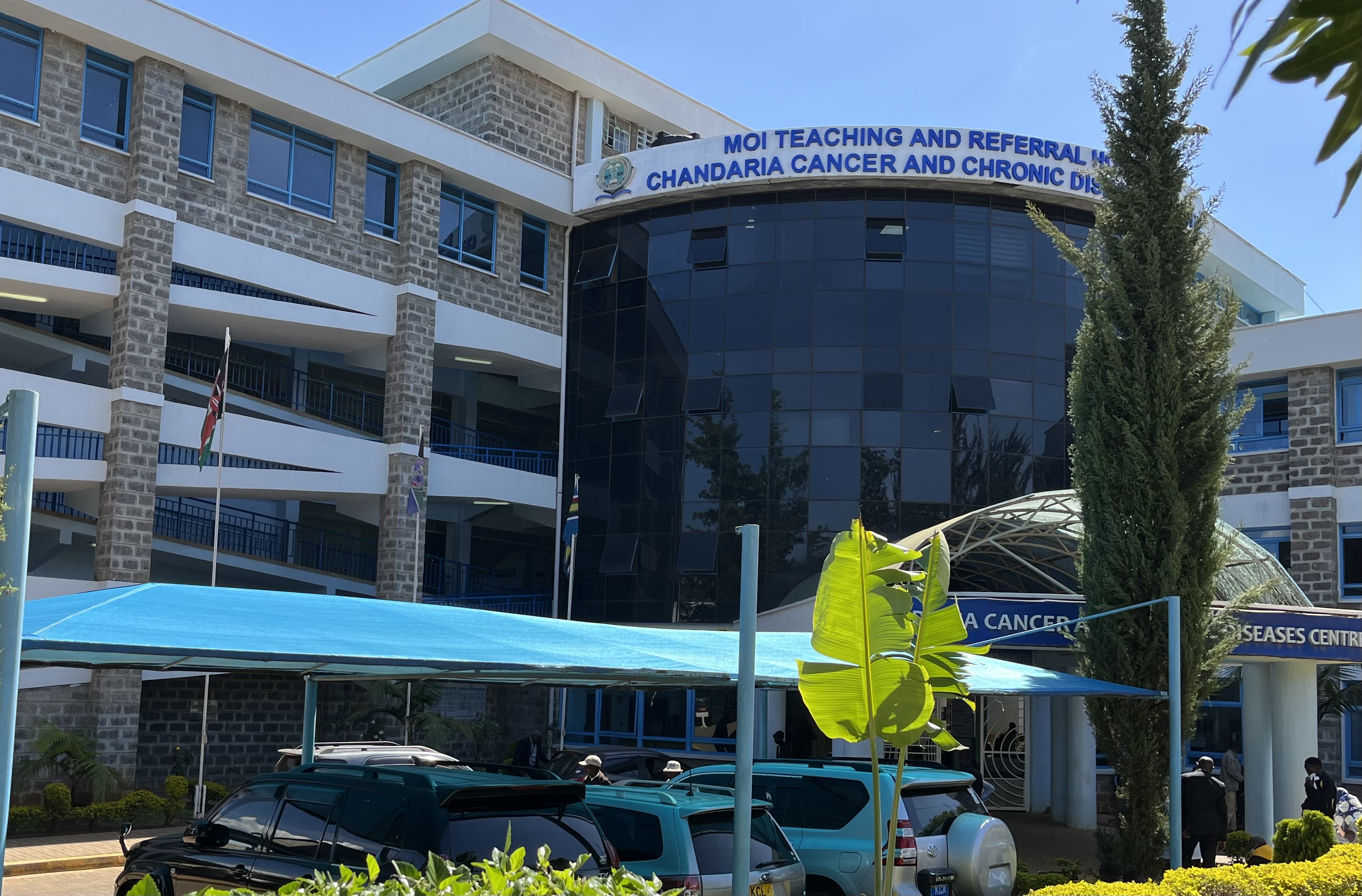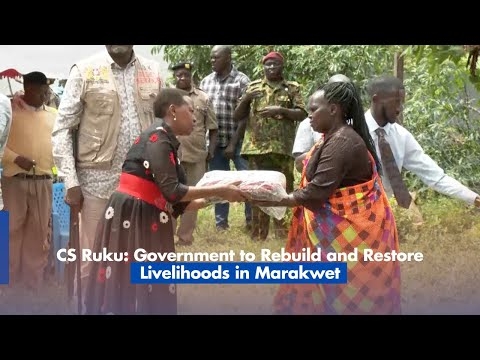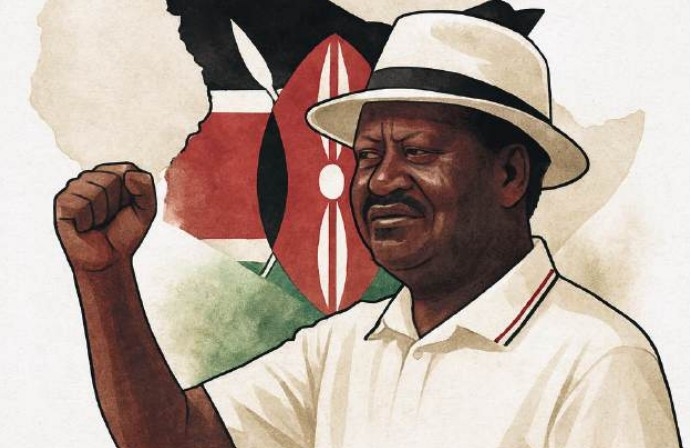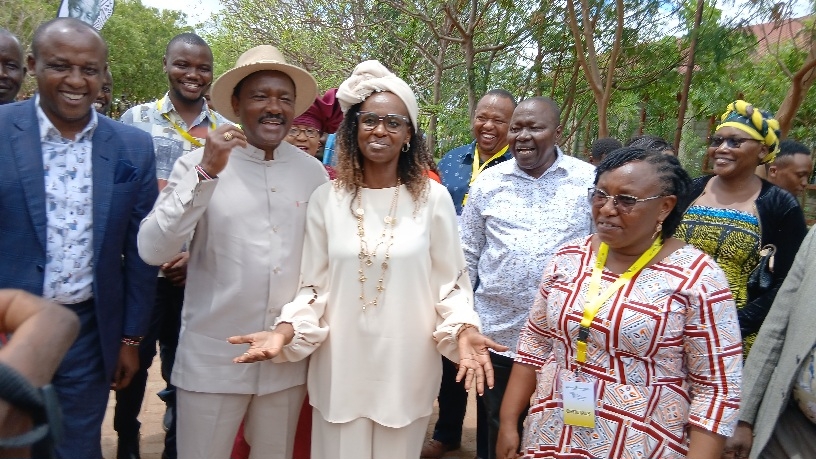

The Moi Teaching and Referral Hospital and the Uasin Gishu County Government have rolled out a specialised training programme for health workers aimed at improving cancer care and patient outcomes.
In partnership with the National Cancer Control Programme, the two institutions have launched the Multiple Myeloma Training Programme to enhance early detection, diagnosis and management of the disease across all levels of healthcare in the county.
Multiple myeloma is a type of blood cancer that affects plasma cells—white blood cells that help the body fight infections.
Medical experts say early detection is critical to saving lives, yet many cases are diagnosed late due to limited awareness and inadequate diagnostic capacity.
County non-communicable diseases coordinator Dr Wenseslaus Kuria and project investigator Dr Beatrice Melly said the pilot programme will strengthen cancer detection and management systems across Uasin Gishu's extensive health network—from community units to tertiary hospitals.
"Our goal is to empower healthcare workers at every level with the knowledge and tools they need to identify multiple myeloma early and ensure patients receive timely, life-saving care," Kuria said.
The training curriculum is designed to give participants practical clinical skills to recognise early symptoms, understand disease patterns and risk factors and apply best practices in diagnosis, staging and treatment.
"By enhancing these capacities, we aim to reduce diagnostic delays and lower the morbidity and mortality associated with multiple myeloma," he added.
The programme also seeks to improve referral pathways and coordination across health facilities.
Kuria said the pilot will serve as a model for nationwide rollout under Kenya's National Cancer Control Strategy.
Lessons from the initiative will inform similar training programmes in other counties, expanding access to quality cancer care.
Dr Melly added that the success of the pilot could mark a new era in Kenya's fight against cancer, ensuring that no patient is left behind due to late detection or lack of awareness.
"This programme is not just about training—it's about building a sustainable framework for cancer control," Melly said.
"The impact will go beyond Uasin Gishu, shaping how Kenya responds to multiple myeloma and other complex cancers."
She noted that the Ampath Multiple Myeloma Training Programme represents a proactive, system-strengthening approach that bridges the gap between community health and specialised oncology care.
MTRH, which hosts one of the largest pools of medical experts in the region, will provide specialists and trainers to support the rollout of the programme.

















